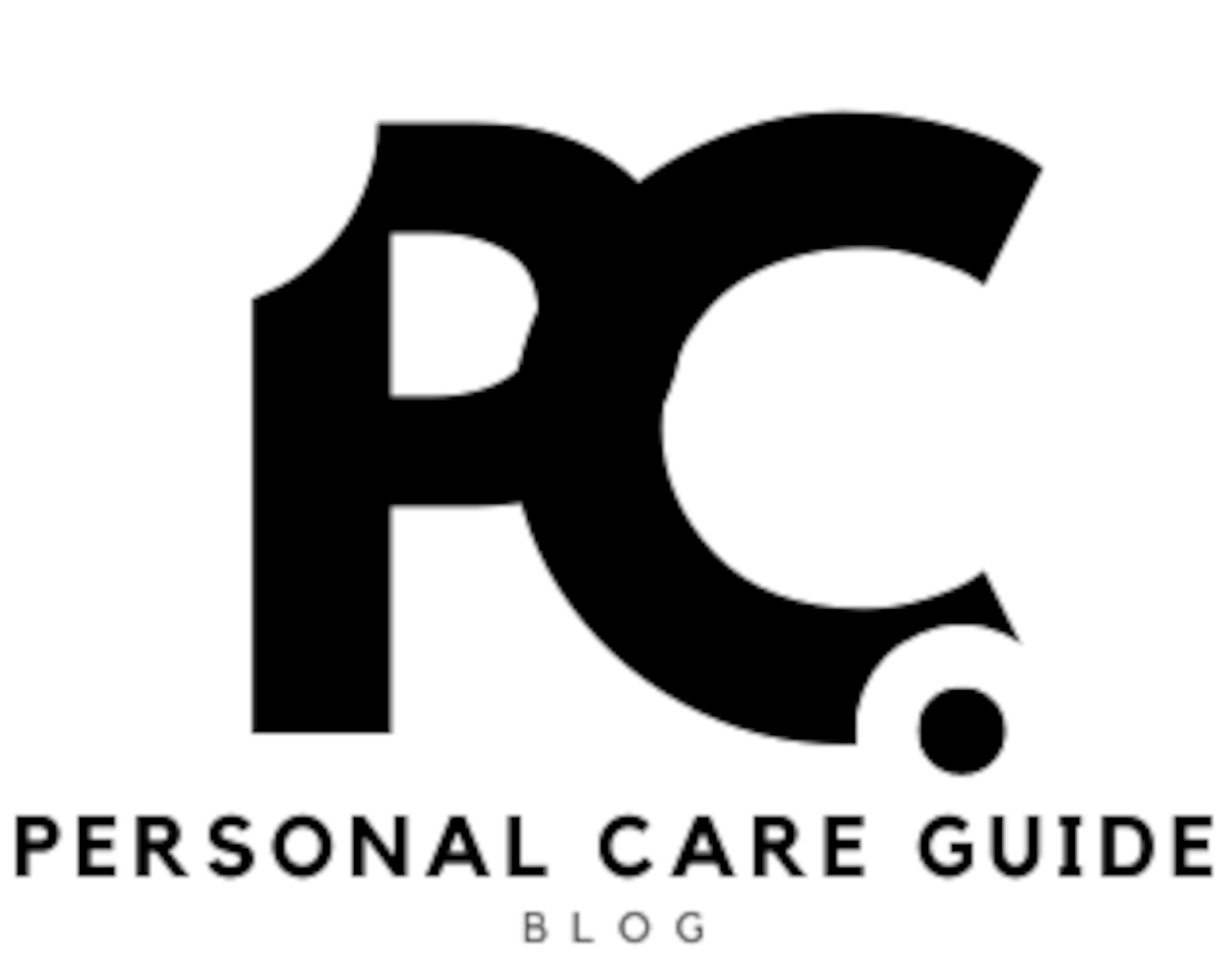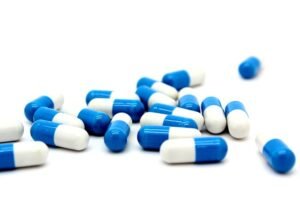Iron is a cornerstone mineral in the human diet, pivotal for producing hemoglobin, a protein in red blood cells that transports oxygen from your lungs to the organs and tissues throughout your body. An iron deficiency can lead to anemia, a condition characterized by fatigue, weakness, and a variety of other symptoms. To combat this, iron supplements have become a go-to solution for many. But the pressing question remains: How long does it take for iron supplements to work?
Understanding Iron Absorption
Before diving into the timeline, it’s essential to understand how your body absorbs iron. Iron supplements come in various forms, including ferrous sulfate, ferrous gluconate, and ferrous fumarate. The absorption of iron from supplements can be influenced by several factors, including the type of iron, the presence of vitamin C (which can enhance absorption), and whether the iron is taken on an empty stomach.
Signs of Improvement
The first signs of improvement can be subtle and gradual. Generally, individuals might start to notice a reduction in fatigue and increased energy levels within a few weeks of consistent iron supplement intake. However, it’s important to manage expectations and understand that the body needs time to rebuild its iron stores.
The Timeline for Iron Supplements to Work
The timeline for iron supplements to start working effectively can vary from person to person. For some, noticeable improvements in symptoms of iron deficiency anemia can begin within 2 to 3 weeks of starting supplementation. However, for the iron levels to fully normalize and for the body to replenish its iron stores, it might take several months of consistent supplementation.
Factors That Influence the Effectiveness of Iron Supplements
Several factors can influence how quickly you might respond to iron supplements:
The severity of the iron deficiency: More severe deficiencies require longer supplementation.
Individual absorption rates: Some people absorb iron more efficiently than others.
The type of iron supplement: Certain forms of iron are more easily absorbed by the body.
Dietary considerations: Consuming iron-rich foods alongside your supplement can enhance absorption.
Monitoring Your Progress
It’s crucial to monitor your progress while taking iron supplements. This typically involves blood tests to check your iron levels, hemoglobin, and ferritin to evaluate how effectively the supplements are working. These tests can help adjust your dosage as needed and ensure that you are on the right track to restoring your iron levels.
When to Consult a Healthcare Professional
If you’ve been taking iron supplements as recommended and haven’t noticed any improvement in your symptoms or if your symptoms worsen, it’s important to consult a healthcare professional. They can assess whether the supplements are the right treatment for your condition or if there might be another underlying issue contributing to your symptoms.
Conclusion
In conclusion, while iron supplements offer a solution to iron deficiency and its associated anemia, the timeline for their effectiveness can vary widely. Generally, improvements in symptoms can be noticed within a few weeks, but full normalization of iron levels might take several months. Monitoring your progress with a healthcare provider and ensuring you’re taking the supplements correctly can help maximize their effectiveness. Remember, patience and consistency are key to overcoming iron deficiency.







